Filter by
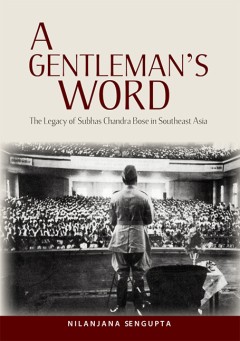
A Gentleman's Word The Legacy of Subhas Chandra Bose in Southeast Asia
The great Indian nationalist leader Subhas Chandra Bose arrived in Singapore in 1943 to revitalize the Indian National Army (INA). Taking the opportunity of the Japanese occupation of parts of Southeast Asia, he launched armed struggle against British colonial rule in India. Two years later, that attempt failed at the eastern gates of India. Yet, it was a temporary failure because the INA helpe…
- Edition
- -
- ISBN/ISSN
- 9789814379793
- Collation
- -
- Series Title
- Books and Monographs
- Call Number
- -
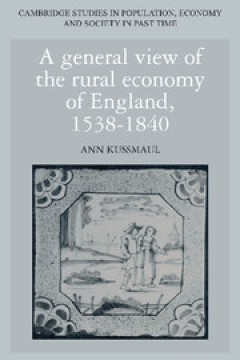
A General View of the Rural Economy of England, 1538–1840
In rural England prior to the Industrial Revolution people generally married when they were not busy with work. Parish registers of marriage therefore form an important and innovative source for the study of economic change in this period. Dr Kussmaul employs marriage dates to identify three main patterns of work and risk (arable, pastoral and rural industrial) and more importantly to show the …
- Edition
- -
- ISBN/ISSN
- 9780511560675
- Collation
- -
- Series Title
- Cambridge Studies in Population, Economy and Society in Past Time
- Call Number
- -
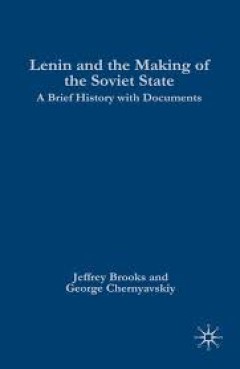
Lenin and the Making of the Soviet State A Brief History with Documents
Vladimir Ilich Lenin (1870 - 1924) led the first successful revolt against market-based liberal democracy and founded the Soviet State in 1917, serving as the new nation s chief architect and sole ruler for the next five years. This collection of primary sources allows readers to learn about Lenin through his own words and emphasizes Lenin s actions rather than his ideology. Jeffrey Brooks and …
- Edition
- -
- ISBN/ISSN
- -
- Collation
- -
- Series Title
- -
- Call Number
- -
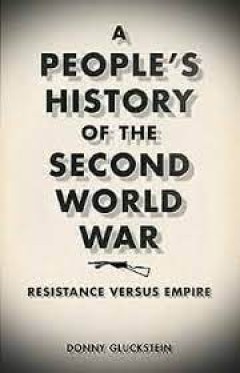
A People's History of the Second World War Resistance Versus Empire
A People's History of the Second World War unearths the fascinating history of the war as fought 'from below'. Until now, the vast majority of historical accounts have focussed on the conflict between the Allied and Axis powers for imperialist mastery. Donny Gluckstein shows that in fact between 1939 and 1945 two distinct wars were fought – one ‘from above’ and one ‘from below’. Using…
- Edition
- -
- ISBN/ISSN
- 9781849647205
- Collation
- -
- Series Title
- -
- Call Number
- -
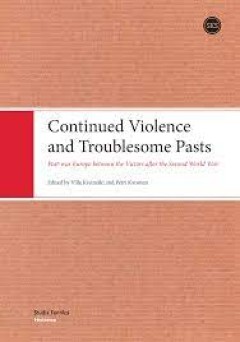
Continued Violence and Troublesome Pasts: Post-war Europe between the Victors…
In most European countries, the horrific legacy of 1939–45 has made it quite difficult to remember the war with much glory. Despite the Anglo-American memory narrative of saving democracy from totalitarianism and the Soviet epic of the Great Patriotic War, the fundamental experience of war for so many Europeans was that of immense personal losses and often meaningless hardships. The anthology…
- Edition
- -
- ISBN/ISSN
- 9789522229038
- Collation
- -
- Series Title
- -
- Call Number
- -
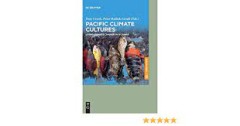
Pacific Climate Cultures Living Climate Change in Oceania
This edited volume examines the opportunities to think, do, and/or create jointly afforded by digital storytelling. The contributors discuss digital storytelling in the context of educational programs, teaching anthropology, and ethnographic research involving a variety of populations and subjects that will appeal to researchers and practitioners engaged with qualitative methods and pedagogies …
- Edition
- -
- ISBN/ISSN
- 9783110591415
- Collation
- -
- Series Title
- -
- Call Number
- -

A Feminine Enlightenment British Women Writers and the Philosophy of Progres…
Drawing on original archival research, A Feminine Enlightenment argues that women writers shaped Enlightenment conversations regarding the role of sentiment and gender in the civilizing process. By reading women's literature alongside history and philosophy and moving between the eighteenth century and Romantic era, JoEllen DeLucia challenges conventional historical and generic boundaries. Begi…
- Edition
- -
- ISBN/ISSN
- 9780748695959
- Collation
- -
- Series Title
- -
- Call Number
- -
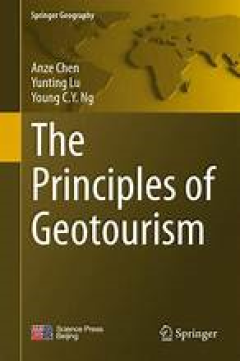
The Principles of Geotourism
The book introduces tourism earth-science as a new scientific discipline by applying the principles of earth-science in the study of natural and human tourism resources. It involves studying the geo-scientific characteristics of these tourism resources through surveys, evaluation and aesthetic value assessment. It also discusses about the principles behind geopark establishment and management. …
- Edition
- 1
- ISBN/ISSN
- 978-3-662-46697-1
- Collation
- XXIII, 264, 7 illustrations in colour
- Series Title
- Springer Geography
- Call Number
- -

A Divided Poet Robert Frost, North of Boston, and the Drama of Disappearance
Frost's breakthrough book of poetry seen anew as an artistic whole and in the context of the poet's career and development.
- Edition
- -
- ISBN/ISSN
- 9781571138149
- Collation
- -
- Series Title
- Studies in German Literature Linguistics and Culture
- Call Number
- -
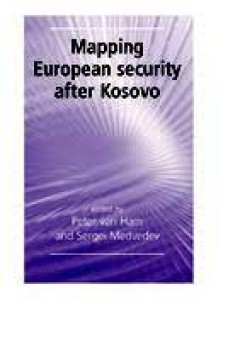
Mapping European security after Kosovo
This book provides new and stimulating perspectives on how Kosovo has shaped the new Europe. It breaks down traditional assumptions in the field of security studies by sidelining the theoretical worldview that underlies mainstream strategic thinking on recent events in Kosovo. The contributors challenge the epistemological definition of the Kosovo conflict, arguing that we should not only be co…
- Edition
- -
- ISBN/ISSN
- 9780719062407
- Collation
- -
- Series Title
- -
- Call Number
- -
 Computer Science, Information & General Works
Computer Science, Information & General Works  Philosophy & Psychology
Philosophy & Psychology  Religion
Religion  Social Sciences
Social Sciences  Language
Language  Pure Science
Pure Science  Applied Sciences
Applied Sciences  Art & Recreation
Art & Recreation  Literature
Literature  History & Geography
History & Geography